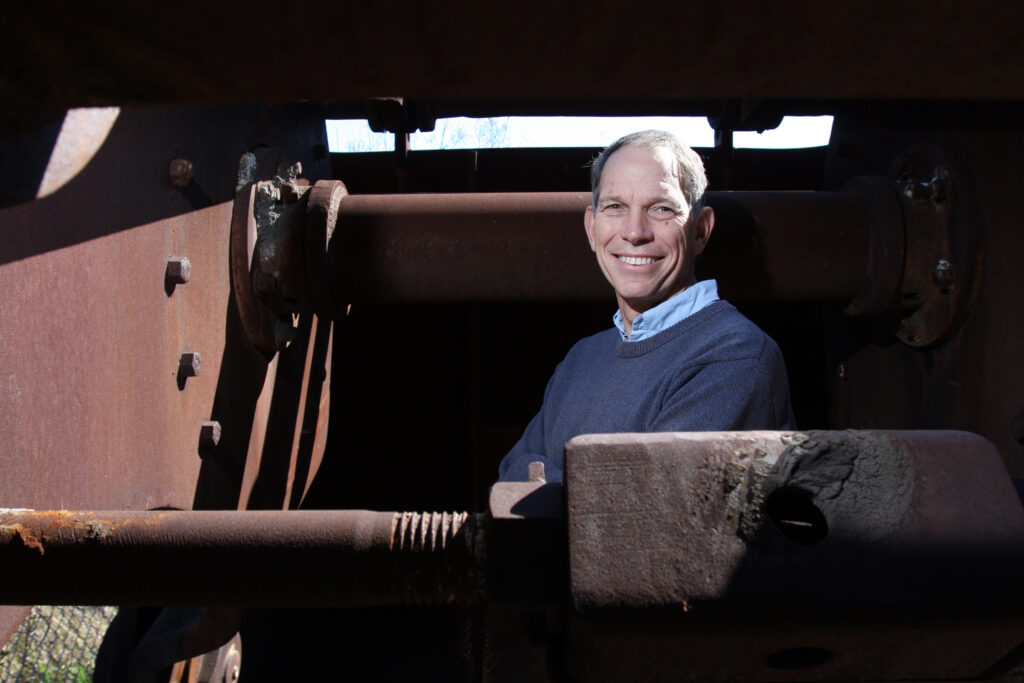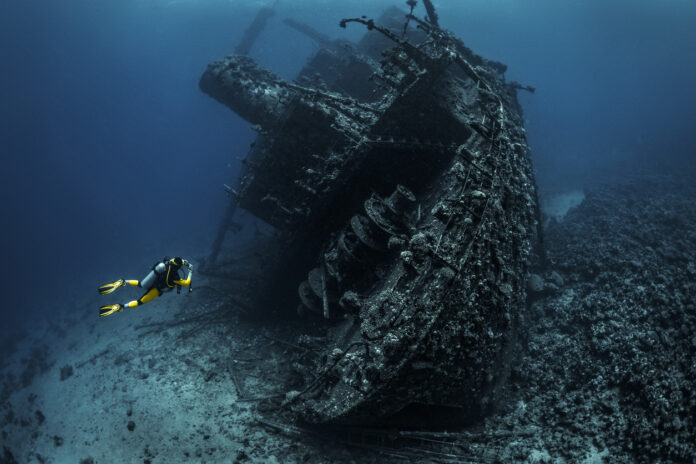Steel pipes, sunken ships, discarded weaponry and other decommissioned infrastructure corroding on the ocean floor are the subject of a new research project at the University of Newcastle.
Lead Researcher, University of Newcastle Professor Rob Melchers, said it was common practice to leave pipes and other disused steel assets to corrode at the bottom of the ocean, where environmental conditions such as water temperature, salinity and acidity all influenced the rate of corrosion of metals.
“Our initial focus is to be able to predict, with greater accuracy, how long it will take decommissioned oil and gas pipes off Australian coasts to corrode,” Professor Melchers said.
“Some of these objects may still contain contaminants that could eventually leak into the environment, so tools for predicting when this is likely to happen are important.”
The project, which is funded by a grant from National Energy Resources Australia (NERA) and the National Decommissioning Research Initiative (NRDI), will review historical data to develop a tool for predicting the lifespan and corrosion behaviour of decommissioned metallic infrastructure in the ocean.
“Once we develop such a predictive tool, it will have applications for similar situations globally, for example, in the North Sea, where there is an abundance of corroding oil mining infrastructure and even discarded items from World War I and II.”

In addition to an extensive review of existing research, Professor Melchers and research partner Professor Mike Tan from Deakin University will perform corrosion monitoring experiments in a simulated marine environment.
By mimicking marine conditions in the laboratory, factors influencing corrosion can be controlled and corresponding corrosion rates measured.
Of particular interest to the research team is the influence of microorganisms and biofouling on corrosion of metal structures.
“Our experience shows that environmental conditions, including pollution levels, influence the growth of bacteria in the water, which, in turn, impacts the rate of corrosion,” Professor Melchers said.
“Our most immediate concern is for oil and gas being released from corroding pipes, but there are still places in the world that have unexploded weapons beneath the sea.
“The more we learn about rates of corrosion under different conditions, the more accurate our assessment of risks such as leaking or even exploding.”
The research project follows the recent Australian Research Council Linkage grant awarded to Professor Melchers and his team to develop a computer modelling system that simulates the deterioration and corrosion of ocean-going vessels.







